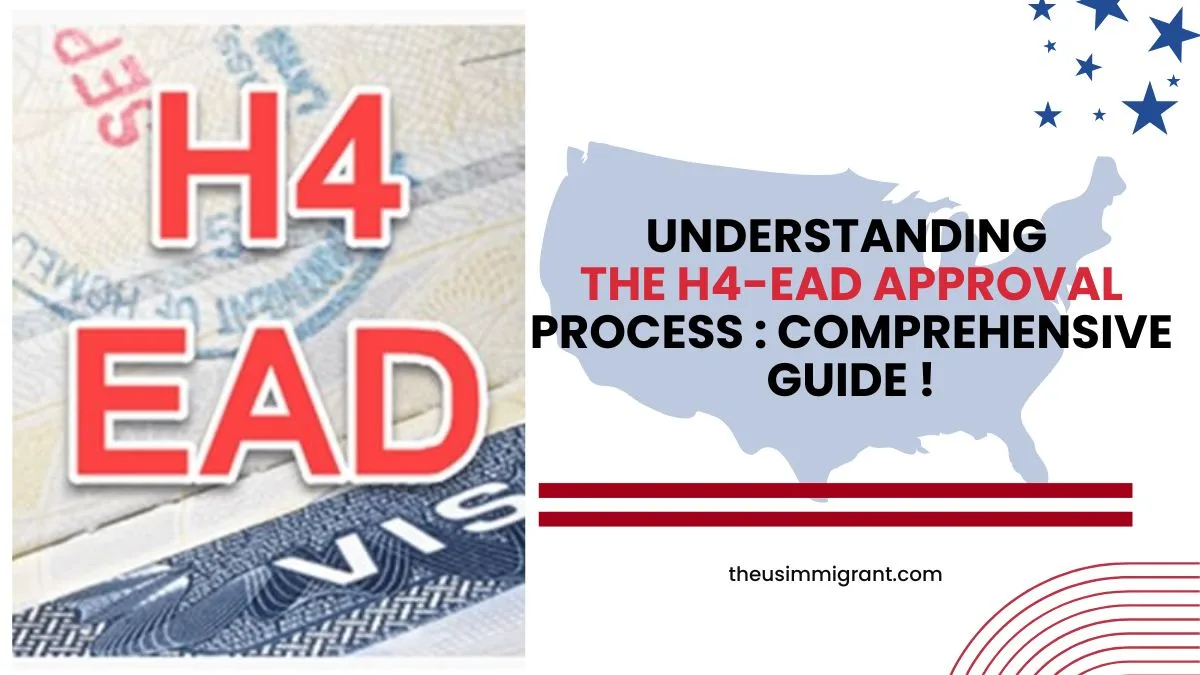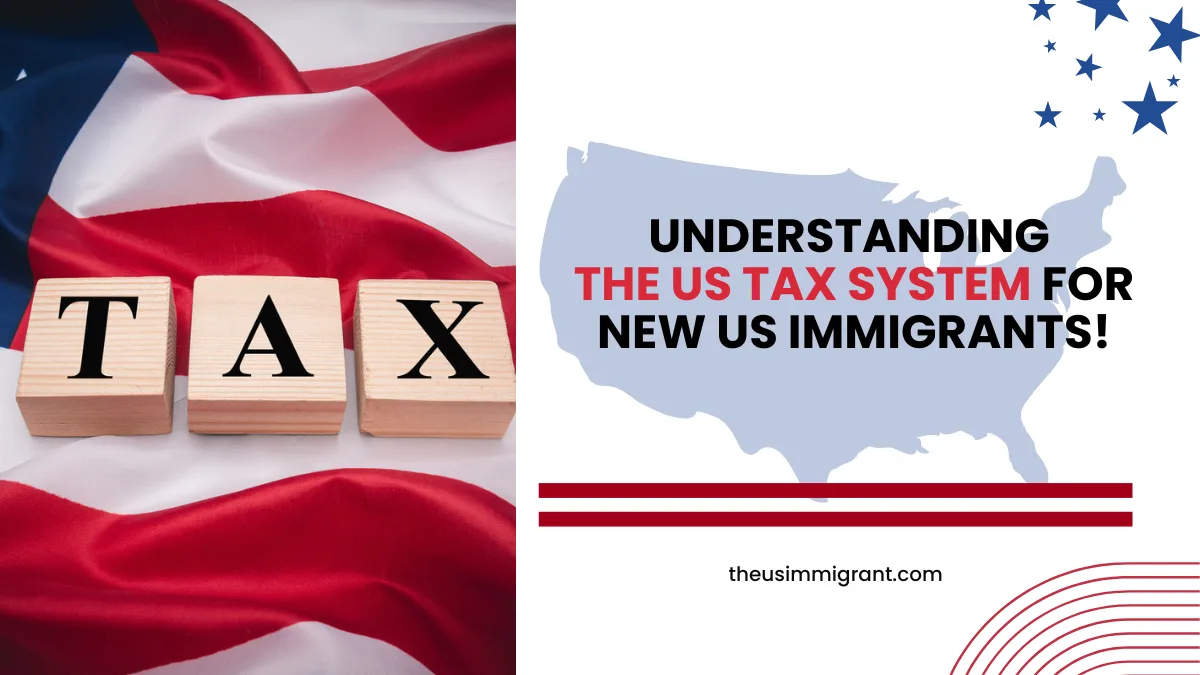
Introduction
Arriving in a new country is a time of excitement; however, it also means (let’s face it) that in today’s time, it’s a bit challenging.
What is one of the greatest hazards faced by anyone new to the U.S.? Looking for work. But will you try to find a job in the USA?
You fire off scores of applications, but nobody ever responds. Employers want “U.S. experience,” but how can you get experience if no one gives you a chance?
It feels like a never-ending loop. I know this struggle firsthand. I’ve been there—applying endlessly, rewriting my resume over and over, trying to understand American workplace culture.
But here’s the good news: You can overcome these hurdles. Many people have done it, and so can you.
This guide will show you how.

Understanding the U.S. Job Market
What is the 2025 status for a job in the USA?
With the rapid development of technology, which appears ready to bloom in 2025, among those in need? Logically, the U.S. job market has seen changes this year. Certain industries are prospering while others are increasingly competitive.
The good news? Many companies are hiring, especially for entry-level roles. Some industries are actively looking for workers, and there are countless remote jobs in the US, including
- Healthcare—nursing assistants, home health aides, and medical technicians.
- Technology—IT support, software development, cybersecurity.
- Retail & Customer Service—Store workers, customer support reps, call center agents.
- Construction & Skilled Trades—Electricians, carpenters, plumbers.
- Logistics & Transportation—Truck drivers, warehouse workers, and delivery drivers.
These industries are always hiring. So, if you’re open to different types of work, you’ll have more options for a job in the USA.
Then, please don’t hesitate to ask for help from a recruitment agency or other headhunter; it’s their job after all.
What’s more, there are increasing entry-level remote jobs and remote entry-level jobs for individuals.

Why Networking Is More Important Than You Think
Here are a dozen little-known facts for job seekers just arriving in the country:
Most jobs in the U.S. are filled through networking, not just online applications. Many companies prefer hiring someone they trust or who comes recommended by a friend.
So, instead of just applying online, connect with people! These connections can lead to referrals or even insider tips about us government jobs or us gov jobs that aren’t advertised widely.
- Join local community groups for immigrants.
- Attend job fairs or free career workshops.
- Use LinkedIn to message professionals in your industry.
Ask friends and relatives if they know of anyone looking for staff. Employers may also look down on immigrants’ work experience.

Common Hurdles Faced by Immigrants
1. You don’t have U.S. work experience.
This is a concern for many immigrant jobs in the USA. Employers worry about language barriers, cultural differences, or work styles. At the same time, they’re unwilling to take risks; after all, if this newcomer fails to get the job done properly, there go profits and jobs that might otherwise have been offered to good old-fashioned Americans like themselves!
But here’s how you can gain experience:
- Volunteer work—If you can’t get paid work, try volunteering in your field. Many companies and non-profits value volunteer experience.
- Internships—Some companies will offer internships even if you are not a student.
- Freelance work—Sites like Upwork and Fiverr allow you to work on small projects to build your resume.
- Part-time jobs— Explore US jobs that don’t require a resume full of U.S. references.
Even small experiences matter—they show employers that you can work and get a job in the USA system.
2. Your degree isn’t recognized in the U.S.
If you have earned an advanced degree or secured a professionally recognized credential from another nation, some American employers may not immediately acknowledge its legitimacy. This scenario arises frequently within the medical, legal, and engineering fields.
What you can do:
- Credential Evaluations—A credential verification of your qualifications with U.S. standards; services such as WES (World Education Services) and ECE (Educational Credential Evaluators) will do this.
- Take certification courses—recertification training. Continuing or testing may also be required for state licenses in fields like nursing, accounting, or teaching.
3. Cultural differences in the workplace

Cultural norms within American work environments diverge noticeably from those in many other parts of the world.
For example:
- Punctuality, for instance, is of utmost importance—arriving even five minutes late can be viewed as unprofessional.
- Direct communication—Another difference is direct forms of communication. In many countries, one can hardly ever answer the direct question, “Are you poor?” — In several Asian cultures, for example, this would be considered offensive. But in America, it’s normal to just say “No thanks” or give your reasons.
- Teamwork is expected—American workplaces truly value teamwork, so if you want to succeed in a job in the USA, be sure to demonstrate that you get along well with others. At a grass-roots level, regular newcomers from other countries could simply watch their co-workers and learn to do things the way Americans do.
If you’re unsure, observe your colleagues or ask friendly coworkers for advice.
4. Visa and work authorization issues
However, different visas have different conditions, and some may not permit you to do jobs for undocumented immigrants.
Once, you have decided to come to the US, you need to understand that there are Different types of US VISAs.
So, before you start looking for a job, make sure that you know what visa type you’re coming on (H-1B, L1, etc.). You are clear whether your employer will have to request them on your behalf.
However, different visas have different conditions, and some may not permit you to get or do a job in the USA. So, before you start looking for a job, make sure that
- You know what visa type you’re coming on (H-1B, L1, etc.).
You are clear whether your employer will have to request them on your behalf. - Apply for work permits early—processing can take months!
Still in need of assistance? An immigration attorney or the U.S. Citizenship and Immigration Services (USCIS) website are both great sources to find help.
How to Overcome These Challenges

1. Gain U.S. Work Experience Quickly
- Volunteer for local non-profits.
- Do internships (paid or unpaid).
- Take a contract or a temp job in the USA to build your resume.
Freelance work is also a great way to get into remote jobs near me or remote jobs in the us fields where flexibility is valued.
2. Build Your Professional Network
- Join LinkedIn groups for your industry.
- Attend job fairs and networking events.
- Reach out to professionals for informational interviews.
You might even meet someone working in a US government job or a US Postal Service job who can offer guidance or referrals.
3. Improve Your Resume & Cover Letter

- Keep your resume short and direct (1-2 pages).
- Highlight skills that match U.S. job descriptions.
- Use action words: “Managed,” “Developed,” “Organized,” etc.
Many remote entry-level jobs are open to people who complete just a few online trainings and show dedication to learning.
4. Prepare for Interviews
- Practice common interview questions.
- Learn about S. interview etiquette.
- Be confident—even if your English isn’t perfect! Employers value skills and attitude more.
Mention bilingual or multicultural skills; they’re often a plus in USA jobs or part-time jobs.
5. Learn About Job Salaries & Negotiate
- Use websites like Glassdoor to check average salaries.
- If the offer is low, politely ask, “Is there room for negotiation?”
Online platforms offer opportunities for side gigs. You can showcase these in your portfolio when applying for remote jobs with no experience.
Where to Get Help?

If you’re feeling lost, you’re not alone. Many organizations help immigrants for a job in the USA:
1. Government & Non-Profit Programs
- Upwardly Global – Helps skilled immigrants find jobs.
- CareerOneStop—free job search resources.
2. Mentorship & Career Coaching
- Find a mentor in your industry who can guide you.
- Use LinkedIn to connect with professionals.
3. Best Job Websites for Immigrants
My Final Thoughts: You Can Do This!
To start, with just be prepared mentally to be aware that it is difficult to get a job in the USA.
It certainly entails many hardships, challenges, and frustrations, but anyone who sticks with it will eventually find work.
I have seen countless immigrants starting from scratch and building great careers in the past. Success comes only through time, patience, and effort.
But the reward is sweet indeed. So, keep up your spirits, continue applying, and never stop learning.
Hard work must eventually pay off.
If you’re a new US Immigrant looking to build a successful career in the US, you should follow & refer to ‘www.theusimmigrant.com.
We have expert guidance, strategies for job hunting, and suggestions on how to approach writing a resume that suits your needs.
Please subscribe to us at ‘The US Immigrant’ blog for all the US immigrant & US Visa tips & guides.
Frequently Asked Questions (FAQ's)
1. How long does it take to find a job in the USA?
It depends, but 3-6 months is typical with diligent effort.
2. Do I need a U.S. degree?
Not necessarily. Most employers are more interested in your skills and experience.
3. Can I work while waiting for my visa?
It would be illegal. However, you can volunteer, take online courses or freelance
4. How can I improve my English?
Use Duolingo, watch YouTube videos, or go to local ESL classes.
5. What are the best job sites?
LinkedIn, Indeed, Glassdoor, and SimplyHired are top job sites and should be checked regularly by job hunters.




